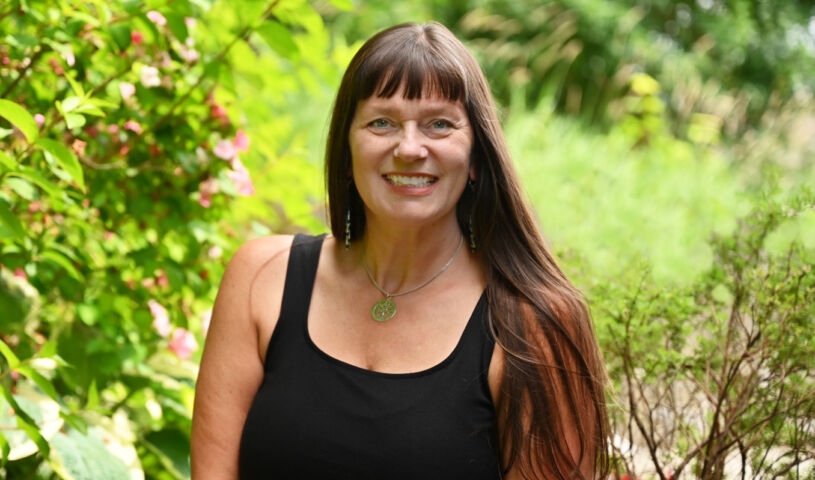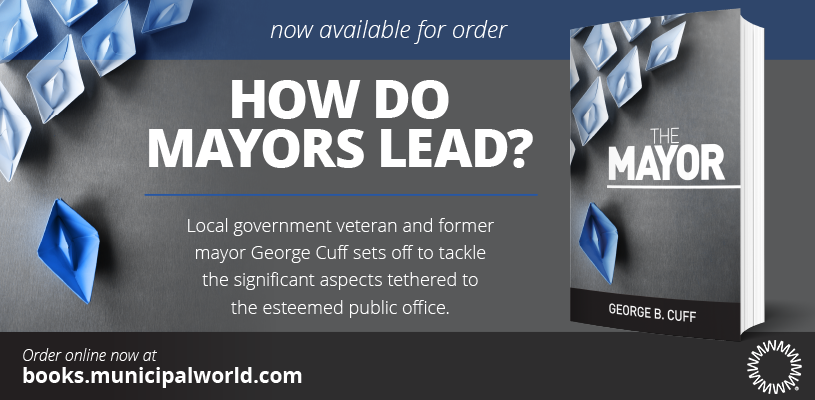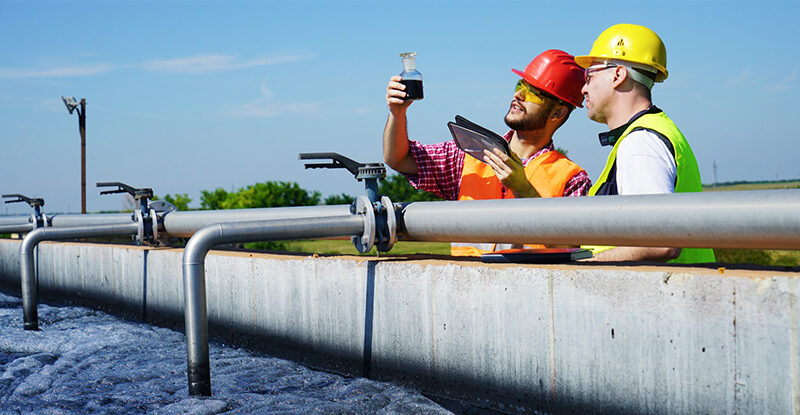St. John’s deputy mayor joins call for federal climate action
 Sheilagh O’Leary is a leading voice for environmental advocacy in Newfoundland and Labrador. O’Leary, the deputy mayor of St. John’s, has joined approximately 160 municipal leaders in urging Canadian leaders to prioritize climate action. Photo: Sheilagh O’Leary
Sheilagh O’Leary is a leading voice for environmental advocacy in Newfoundland and Labrador. O’Leary, the deputy mayor of St. John’s, has joined approximately 160 municipal leaders in urging Canadian leaders to prioritize climate action. Photo: Sheilagh O’Leary
Sheilagh O’Leary is a leading voice for environmental advocacy in Newfoundland and Labrador. O’Leary, the deputy mayor of St. John’s, has championed initiatives to combat climate change, promote sustainable practices, and transition workers toward renewable energy sectors.
Given O’Leary’s environmental passions, it’s understandable that her frustrations grew when party leaders and candidates paid little attention to the topic of climate change during the recent federal election.
As a result, she joined approximately 160 municipal leaders in signing the Climate Caucus group’s Elbows Up for Climate Action letter, urging Canadian leaders to prioritize climate action.
“You can call it climate action. You can call it environmentalism. The bottom line is we have to protect the planet,” O’Leary said. “And it’s all tied up right now with our political and economic sovereignty. That conversation is dominating everything. We’ve been making all this progress with climate action and then – boom – all of a sudden, it’s off the table. That’s where this Elbows Up for Climate Action all arose from.”
Elbows Up for Climate Action
Climate Caucus is a non-partisan network of 700 current and former local elected leaders. It also includes more than 1,400 non-elected allies, leading the transformation needed for communities to thrive.
The organization focuses on empowering communities to thrive by promoting resilience, health, regeneration, decarbonization, and social justice.
The Elbows Up for Climate Action campaign is all about taking action. The campaign calls for five “bold and achievable ideas” the federal government can implement to “tariff-proof” the Canadian economy and “create a jobs boom in every community.”
Those five bold ideas include:
- creating a national east-west-north clean electric grid
- building a national high-speed rail network
- building at least two million non-market, energy-efficient homes
- making homes and buildings warmer in winter, cooler in summer
- funding a national resilience, response, and recovery strategy
O’Leary describes these calls to action as “very bold and achievable ideas.” But she is quick to add that some of them “are not as bold as we might think.”
The creation of a national east-west-north clean electric grid, O’Leary said, “makes sense” and ties together the conversations around economic and political sovereignty. According to O’Leary, a national high-speed rail network would benefit all Canadians. But in areas where it is not workable, connections could instead be established through investments in the electrification of buses and other modes of transportation.
Making homes more energy efficient is something many cities, including St. John’s, are already focusing on. This coincides with municipal pushes for densification and energy-efficient retrofits. And considering the levels of homelessness in Canada today, O’Leary said, a focus on affordability – and, thus, non-market homes – “sound doable … and sounds like a really good, bold action.”
As for the last point, the funding of a national resilience response and recovery strategy, O’Leary said it can no longer be ignored. Municipalities are dealing with climate change on a near-daily basis. As such, she said, there must be a plan for resiliency.
“We’ve been grappling with this at the local level. We’ve been grappling with it with these disasters as they come, and now we’re starting to make plans,” O’Leary said. “We really need that help at the federal level. We really need to have a cohesive plan about what happens when we do get hit and how we rebuild. It’s not if, it’s when.”
Importance of Eastern Support
Elbows Up for Climate Action was crafted to remind participants in the federal election campaign about the importance of climate action. But with the campaign over, O’Leary is quick to remind her federal colleagues that the fight is far from over.
That, she said, is reflected in the more than 160 signatures from municipal officials from across the country. That response, O’Leary said, shows that the climate change conversation isn’t off the table for many Canadians.
Climate Caucus was born out of British Columbia, O’Leary said, and has seen a lot of growth in Ontario as the group built out moving west to east. Without a significant presence in eastern Canada, O’Leary said this was the perfect time for her to jump in and provide a different perspective than probably some of the other members were experiencing.
The difficulties of having this conversation in a province where so much of the economy is tied up in oil and gas are obvious, O’Leary said. Yes, every effort must be made in ensuring family, friends, neighbours, and community members are all employable and have sustainable work in an industry that’s going to provide them with a good living and happy lives.
Still, there remains a major concern.
“The problem is … it’s not sustainable,” O’Leary said. “Look at the damage that we’re contributing not only to our own soil and to our own waters, but to the planet on a larger level. So, this has to be talked about and talked about now.”
Now is the Time for Action
O’Leary said she believes the calls for action have been heard by their federal counterparts. But she also knows those voices are mixed with political realities, which tend to make action more difficult to achieve.
But for those more concerned with getting elected, O’Leary said she understands the conversation needs to be clean and simple right now to deal with the looming American threats.
She understands why all the federal leaders, and everybody else who was running this spring, were concentrating so much on U.S. President Donald Trump. But that said, she also wants to emphatically say there are always opportunities in crisis.
“There’s an opportunity for the rest of us in the country with good federal leadership for somebody to be bold in their approach, “O’Leary said. “This is a perfect opportunity to look at renewable resources. There are opportunities here in amongst all of that. So people with greater experience than mine hopefully will be able to step up to that challenge. That’s why that letter was so important.”
Listening to Average Canadians
O’Leary said political leaders are listening to the calls for climate action. Some of them at least. But so too is the average person.
The average person, she said, is on board when politicians take the time to talk to them. When using honest communication, and not trying to pit people against one another, O’Leary said understanding can be achieved.
Canada is at a point of transition, O’Leary said, and the conversation about transition has been going on for a long time. Oil and gas industry is on the decline and is on the way out, she said. It only has so many years left.
This has led to calls for great exploration of the country’s untapped oil and gas reserves. The problem O’Leary has with that investment is that, for her, it feels like moving backward. The solution to moving forward, while continuing to support the workers and the existing oil and gas economy, is to help transition it to something that’s more sustainable.
It is a tough conversation to have in Newfoundland and Labrador. O’Leary said friends, neighbours, and whole communities are reliant on the oil and gas industry. Even so, the province has other assets that could be invested in, including tidal energy, wind power, and of course hydro electricity.
The hydroelectric industry is buoyed by projects like the Muskrat Falls Generating Station and the Churchill Falls project, which was completed in 1971 and remains one of the largest hydroelectric facilities in Canada.
Of course, the deputy mayor of St. John’s doesn’t control these conversations. But she can talk to people and at least lay out the facts so it’s not a binary conversation – so that it’s not seen as an either/or situation.
“That’s exactly what the American leadership is doing right now – pitting people against each other. We don’t have to have either/or,” O’Leary said. “How you speak to the public about that is important because the world isn’t black and white. There are a lot of shades of grey. To be an effective leader, you just have to continue to move that needle forward. You can’t accomplish everything overnight, but you’ve got to have those conversations.” MW
✯ Municipal World Executive and Essentials Plus Members: You might also be interested in Aaron Atcheson, Steve O’Melia, and Camy Van Ruitenburg’s article: Carbon reduction at the municipal level.
Sean Meyer is digital content editor for Municipal World.
Related resource materials:



